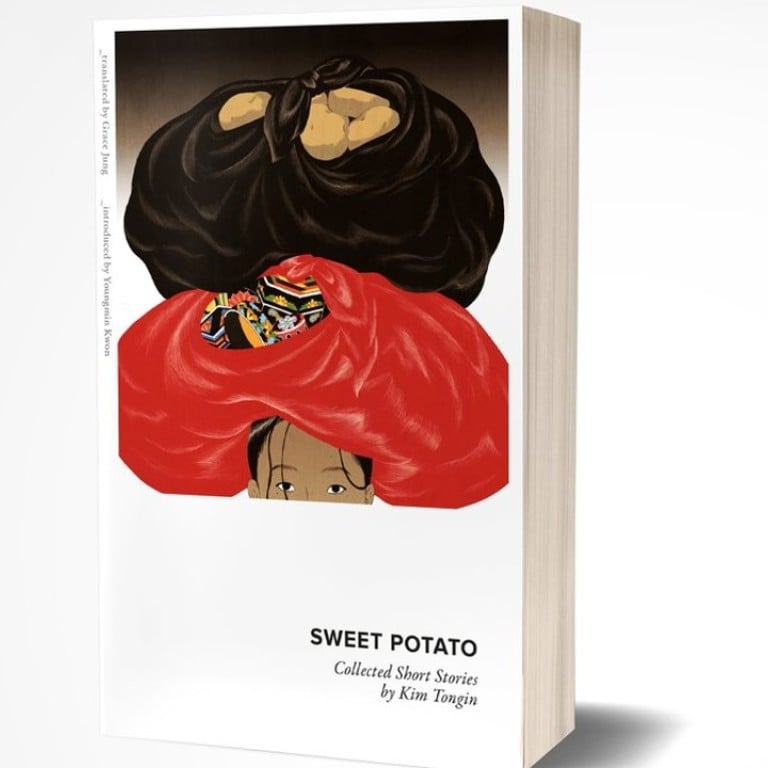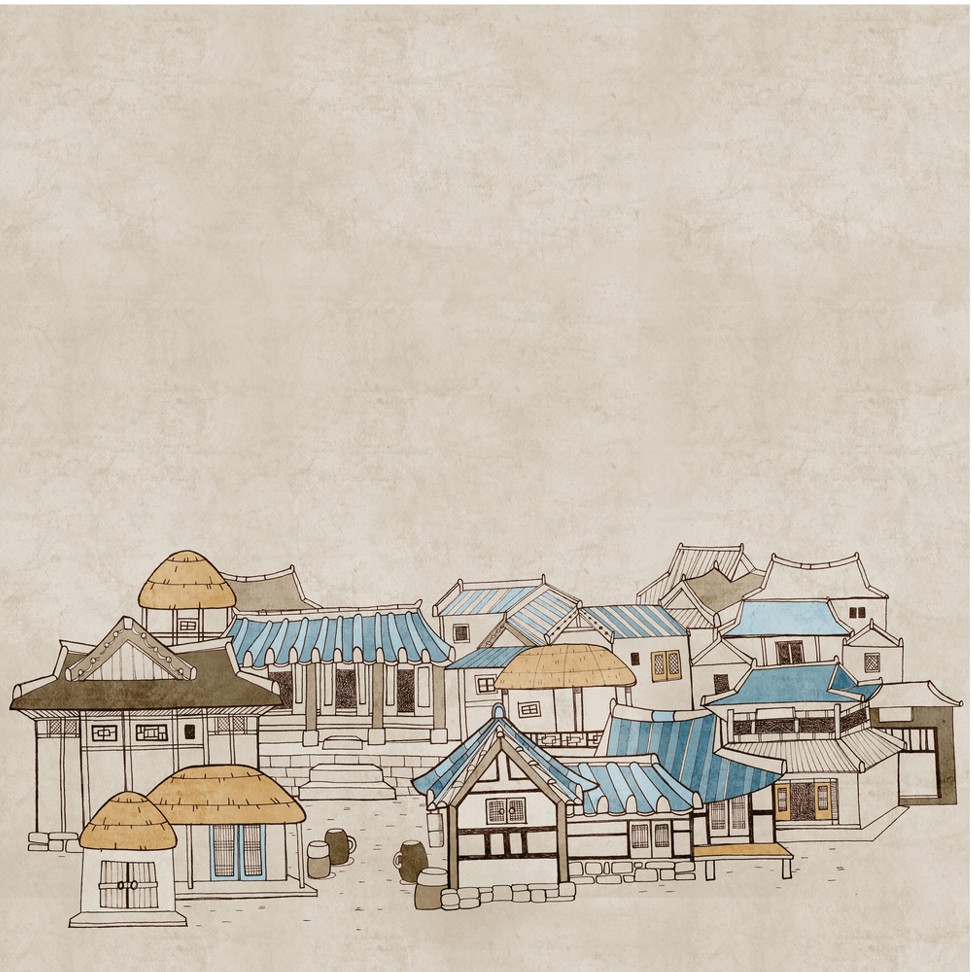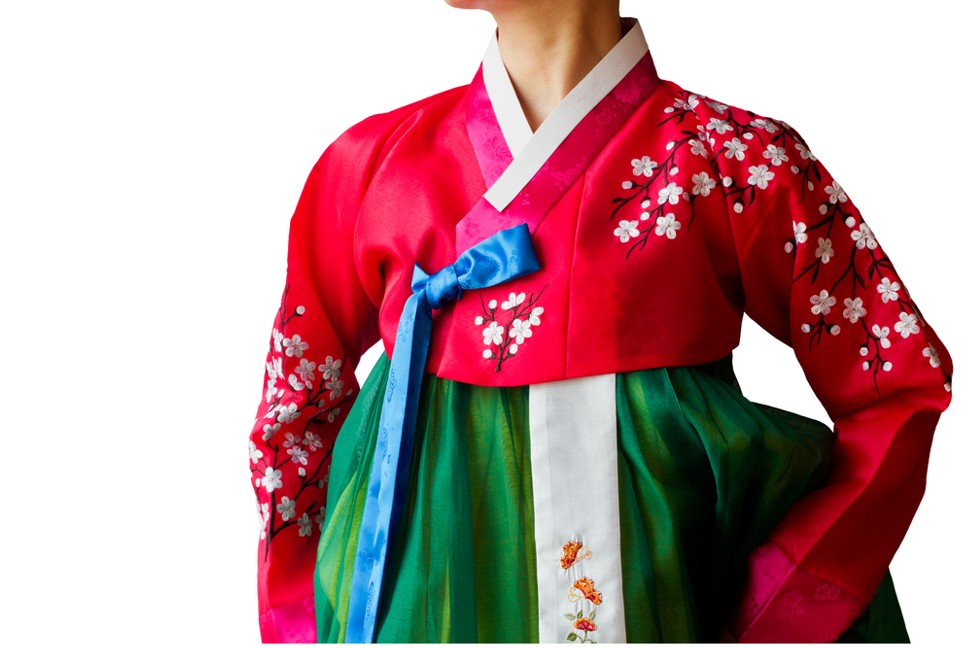
Review | Review: Sweet Potato, Korean short story collection, is a gritty introduction to a little known period of East Asian history
Newly translated volume by Kim Tongin describes the struggles of ordinary Koreans, mostly during Japanese colonial rule, in naturalistic style, and is an important addition to Korean classic literature in English
Sweet Potato
by Kim Tongin (translated by Grace Jung)
Honford Star
3.5 stars
As contemporary Korean literature receives increasing acclaim in English-language circles – Han Kang’s The Vegetarian won the 2016 Man Booker International Prize – it is perhaps inevitable that efforts are being made to introduce older Korean classics to the English language mainstream. One of these is Sweet Potato, a newly translated volume of short stories by Kim Tongin (or Kim Dong-in) written mostly in the Japanese colonial period between the wars.
Move over K-Pop, the next Korean culture wave could be K-Lit – if enough great books can be translated well
“Kim Tongin’s literary achievements had important literary historical significance, leading to the establishment of modern Korean fiction and its rapid popularisation,” writes Kwon Young-min in the introduction.
This collection contains stories with are both noteworthy on their merits and which also illuminate what must be for most readers a largely unknown period of East Asian history. Kim is noted for his “realist/naturalist” style, writes Kwon, and the stories concern themselves with ordinary people and many are very gritty.
The title story tells of a woman who falls into prostitution through the deprivations of poverty. After a stint labouring, she “became one of those women who did not work but collected a higher wage”. The story is grim, unleavened by any hope at all.

Even more grim is Flogging, which tells of prison under Japanese occupation (Kim had himself been jailed). This story is not so much about the deprivations of prison life, described in excruciating detail,
but rather about what this level of inhumanity can drive people do to their fellows in an attempt to find any way of alleviating the terrible discomfort. There is much of Dostoevsky in these stories; in the latter, perhaps shades of Solzhenitsyn.
It is hardly surprising that after the better part of a century, some of the stories seem a bit dated. Several make use of the technique of a story told to the narrator by someone else, something which now sees a rather clunky device. Others seem to dwell on points of philosophy rather than plot.
What first short stories smuggled out of North Korea say about life in the hermit state, and their challenges for a translator
The lead story, The Life in One’s Hands, exhibits both. A man who thought his friend has died in hospital is given a series of “thought pieces” to read; he escaped death by misdiagnosis.
The piece ends with the narrator musing: “I looked down at the town from our home, perched on a hill. A mass of people wandered about like flecks of dust, expressing their joy for life. Ah, but who will assure them of their lives? A doctor’s diagnosis could kill them in a year or even a month.”
Other stories, however, are gems – without being unrelentingly grim. One of the best is A Letter and a Photograph, an ironic tale about a married woman having an affair. She misleads her lover into thinking she has an handsome elegant husband with faked photograph – getting him to spruce up his appearance.

When she tires of him, she gets him to see her real, unglamorous husband by leaving a letter lying about. She tells him: “Goodness. Men are so slow ... Men can be manipulated any which way with a single photo and letter.”
Translation is crucial in a collection of this kind, for the translated version is all the non-Korean speaker has to go on. Some expletives apart, Grace Jung’s translation seems consistent with the period in which the pieces were written. There are a few footnotes, which are distracting in fiction, but these have thankfully been kept to a minimum.
Only one story, curiously, has phrases which seems out of sync: Like Father Like Son contains some apparent linguistic anachronisms like “M’s friends regarded his bachelorhood with pity and wished for him to tie the knot already” and “He was more about checking off boxes”.
How Han Kang made herself a conduit for memories of an atrocity in South Korea
This new collection is undoubtedly an significant addition to the body of work of Korean literature in English; perhaps more important, however, is that it is not impossible to imagine one or more of the stories showing up in the reading lists of “world literature” courses in Asian international schools.
Asian Review of Books

